Recent Posts
Blog Categories
- Newsletter (416)
Welcome to the weekly newsletter of the Michigan Energy Innovation Business Council (Michigan EIBC), the business voice for advanced energy in Michigan. Here’s what’s new this week:
MPSC Updates Interconnection Rules
The Michigan Public Service Commission (MPSC) has ordered new standards governing the interconnection of generators to the distribution grid, accepting several recommendations from Michigan EIBC that will make it easier for renewable energy projects to connect to the grid.
As Michigan EIBC wrote in a piece for Renewable Energy World, cumbersome interconnection rules hold back renewable energy projects and ultimately hurt economic growth. Unfortunately, some studies have found that the waiting times for interconnection have been getting longer recently.
Michigan EIBC has participated in the stakeholder process to update the rules since late in 2018. For example, in 2020, Michigan EIBC suggested several revisions to the procedures, including clear and specific rules for energy storage, ensuring there is ample time for comment and input by stakeholders and introducing more time and cost savings for the review of large projects.
We submitted additional comments last November 2021. One of the changes we recommended was that fees for pre-application reports and other simple interconnection review processes should be set by the MPSC, not by the utilities themselves. In the order, the MPSC accepted this recommendation, which is important because without clear guidance, small projects could be hit with unreasonably high fees.
The MPSC also took our suggestion that the rules should clearly spell out how energy storage systems can be successfully interconnected to the grid. Because these systems can be limited in their export of electricity, it’s important that they aren’t treated as if they will export all of their stored power. The lack of clear rules on this point had posed “significant roadblocks for behind-the-meter solar plus storage systems with inverter-limited export,” as our November comments said. The MPSC corrected this in the final standards, clarifying the manner in which storage systems can be successfully interconnected. Given the growth of energy storage in Michigan, this represents a very important step forward.
Next, Michigan EIBC had called for projects up to at least 4 MW in capacity to be eligible for the “fast track” interconnection path. This recommendation, which was accepted by the MPSC, will allow more projects to have access to a simple, cost-effective review process.
The MPSC also removed a proposed “batch” process for evaluating interconnection applications, addressing Michigan EIBC’s concern that such a process would only happen once a year, potentially creating delays and bottlenecks.
Michigan’s utilities are now beginning a process to develop procedures to align with these standards. The interconnection standards, themselves, will undergo administrative review and be officially finalized in the coming months.

Lansing State Journal Publishes Piece From Harvest Solar and Vote Solar on the DG Cap
Anticipating Earth Day, the Lansing State Journal has published a collection of essays from notable Michiganders about rooftop solar, climate change, clean fuels and more.
One of these features Lucas Olinyk, president of Michigan EIBC member Harvest Solar, and John Delurey, Midwest senior regional director at Vote Solar, on rooftop solar and focuses on the need to pass HB 4236, the bill that would eliminate the cap on distributed generation.
The bill has stalled in the House Energy Committee, which makes no sense given the benefits more rooftop solar can offer to farmers, small business owners and more, Olinyk and Delurey wrote.
“These political games are having real-world impacts across Michigan, where the unemployment rate is currently the ninth highest in the nation. It is denying us clean energy jobs that could uplift communities,” they said. “In fact, more than 3,300 Michiganders rely on the solar industry to support their families, and that number has the potential to multiply as solar prices continue to drop and demand rises.”
Pivot Energy Puts Forth A Strategy for Community Solar Growth
Community solar has been held back in Michigan by legal barriers, so the legislature needs to pass bills that would remove these barriers to allow community solar to deliver on its enormous potential. These same issues are playing out in other places around the country. Community solar “is growing with over 3 GW of installed capacity to date. Community solar is poised for even more growth, so it is the right time to consider some strategic policy improvements to further reduce costs and bring subscribers even more value,” Kacie Peters, director of industry relationships at Michigan EIBC member Pivot Energy, writes in an article recently published by Solar Power World.
Those policy improvements should focus on two areas, Peters writes: first, addressing “structural factors that make community solar more expensive to operate than other distributed generation (DG) projects,” and second, implementing “policies that undervalue the full contribution of subscribers to the power grid.”
Policymakers can address both of these areas at once by creating structures where community solar projects can capture the value they provide to the grid, which then allows developers of these projects to pass along savings to subscribers. Peters points to two examples: Minnesota’s “Value of Solar” tariff, which created a new credit class for community solar, and New York’s Value of Distributed Energy Resources (VDER) approach, which bakes the real-time benefits of community solar into electricity pricing. “Markets should not artificially reduce credit values, but instead make them accurately compensate for production. When these fixes are implemented, savings will increase accordingly,” she said.

Tickets Nearly Sold Out for Michigan Energy Innovators Conference on April 26
Tickets are nearly sold out for the Michigan Energy Innovators Conference on April 26 at Michigan State University’s Kellogg Hotel and Conference Center in East Lansing. Make sure you get your tickets now if you’re planning to join us!
Typically our most popular event of the year, the Michigan Energy Innovators Conference provides attendees an opportunity to network, learn about innovations in advanced energy, and get an overview on the latest policy developments. This event includes: main-stage panels, several break-out panels with dozens of expert panelists, TED-style talks, and networking. For information on sponsorship opportunities and benefits, please click here or contact Brianna Gerard at brianna@mieibc.org.
KEYNOTE SPEAKER

Tony G. Reames was most recently a professor of environment and sustainability at the University of Michigan, where he established the Urban Energy Justice Lab to conduct research and develop solutions on the production and persistence of racial, income, and geographic disparities in energy access, affordability, decision making, and participation. Reames served as a commissioned officer in the U.S. Army Corps of Engineers and worked in both the private and public sectors as a licensed professional engineer. He earned a B.S. in Civil Engineering from North Carolina Agricultural & Technical State University, a Master of Engineering Management from Kansas State University, and a Ph.D. in Public Administration from the University of Kansas.
MAIN STAGE + BREAKOUT SESSIONS
- Peering Into the Crystal Ball: What the 2022 Election Could Mean for Energy Policy
- Moderator: JR Tolbert, Advanced Energy Economy
- Dr. Deeana Ahmed, Our Next Energy
- Lauren Gibbons, MLive
- Zachary Gorchow, Gongwer
- Harnessing Federal Resources: Opportunities to Enable Michigan’s Energy Future
- Moderator: Kerry Duggan, SustainabiliD
- Cory Connolly, Michigan EGLE
- Rose Dady, U.S. Department of Energy
- Zach Kolodin, State of Michigan
- Trevor Pawl, State of Michigan
- Floods, Blizzards, and Heat Waves: The Role of DERs in Improving Reliability and Resilience
- Moderator: Sally Talberg, Talberg Policy Solutions
- Amy Heart, Sunrun
- Donna Northern, Detroit Homeland Security & Emergency Management
- Kevin Self, Schneider Electric
- Energy Storage: Exploring the Future of the “Bacon of the Grid”
- All Energy is Local: The Role of City, Township, and County Government
COVID-19 POLICY
Attendees of our Conference are required to be fully vaccinated against COVID-19 or have a negative COVID-19 test within 72 hours of the start of the event. The CDC defines fully vaccinated as two weeks after receiving a second shot of a two-dose vaccine or two weeks after the single-dose Johnson & Johnson vaccine. We will ask for proof of vaccine or negative test at registration. We will follow CDC guidelines with regards to COVID-19 and keep everyone updated as we get closer to the Conference. Michigan EIBC strongly suggests all attendees either be vaccinated or wear a mask inside the venue at all times if not fully vaccinated.
THANK YOU TO OUR CURRENT SPONSORS!
GIGAWATT
MEGAWATT
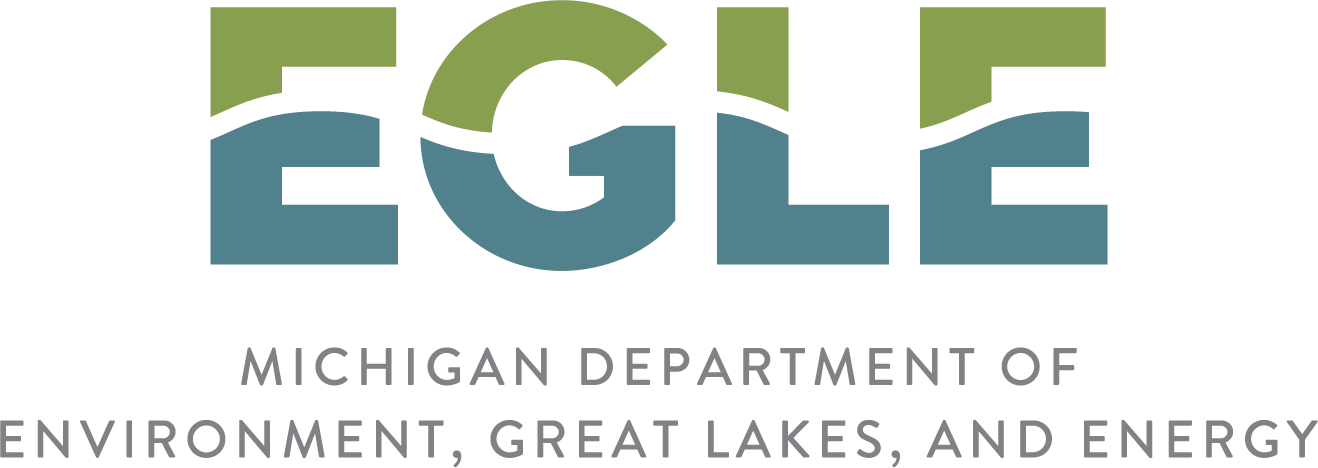


KILOWATT


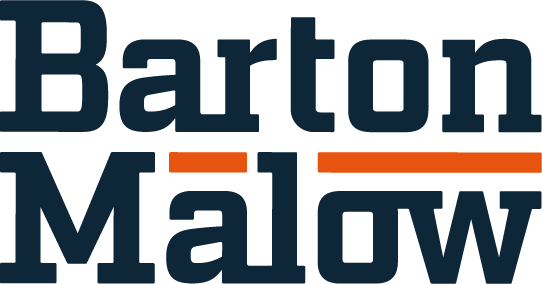





THE WATT



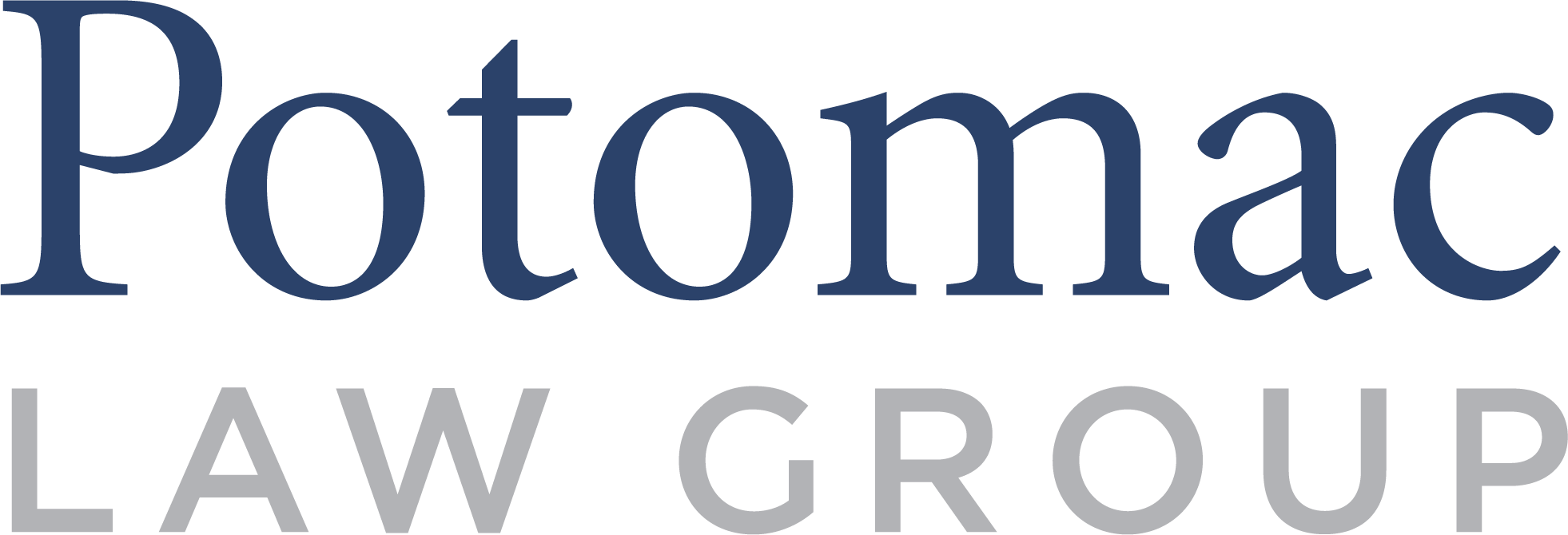
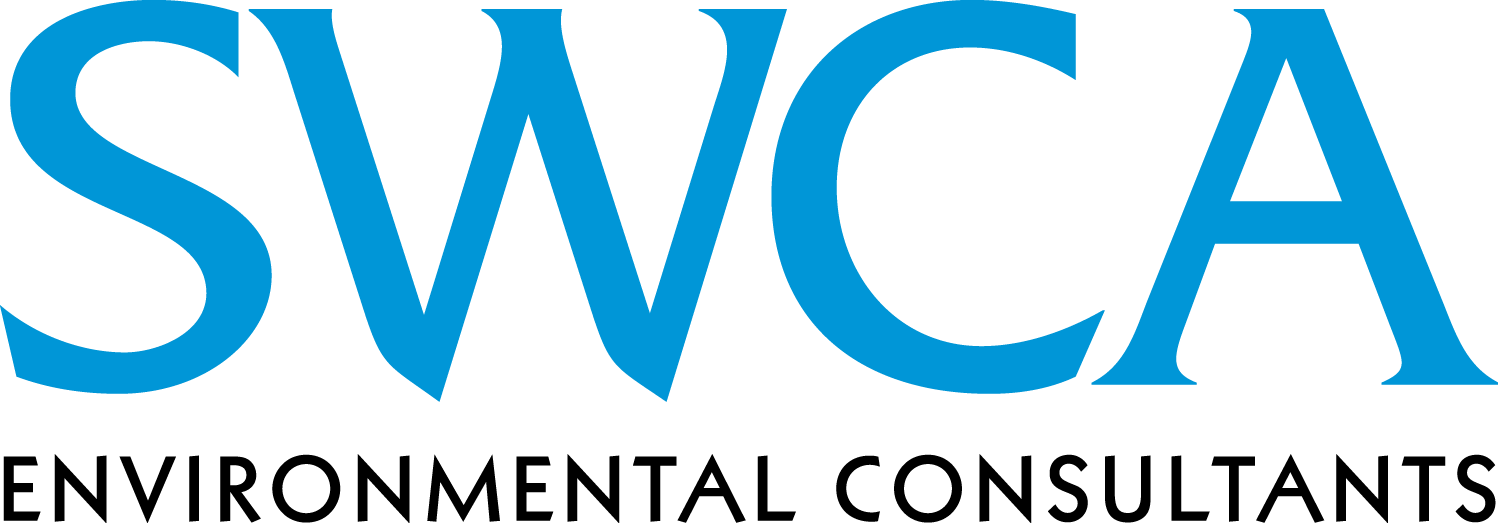
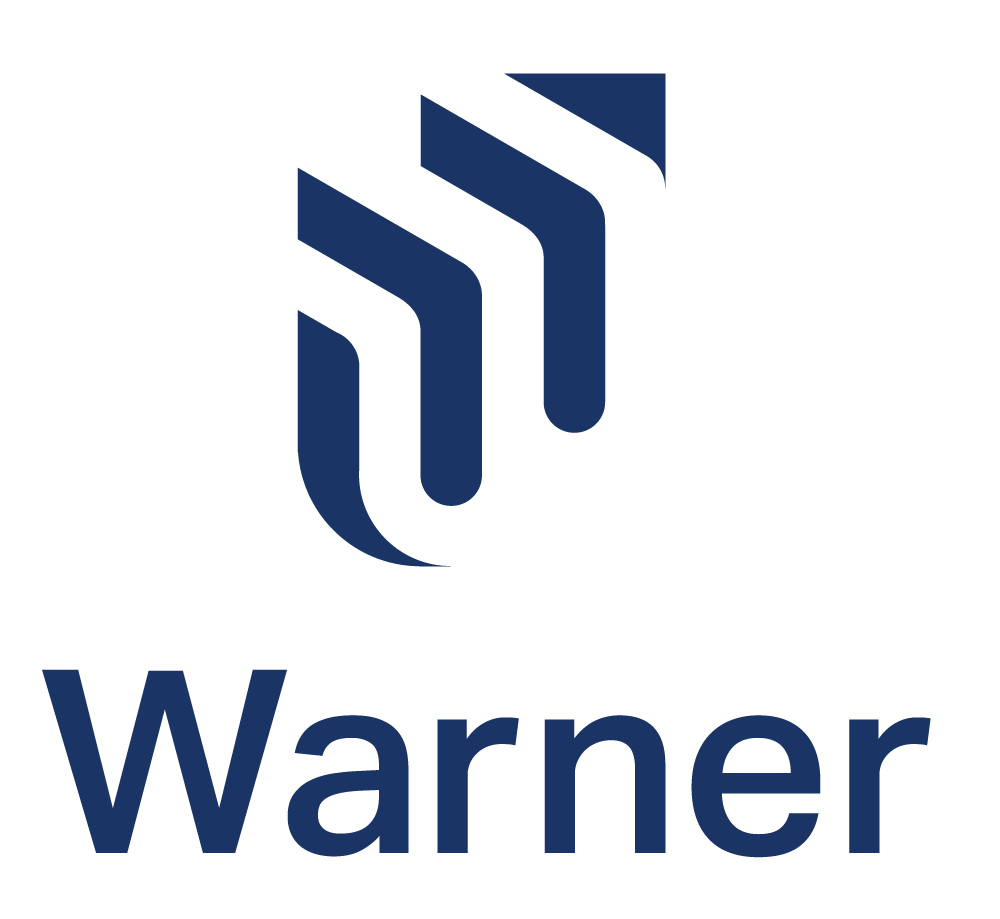

Michigan Energy News
- The U.S. Department of Energy selects the city of Highland Park as one of 22 cities nationwide that will participate in the Communities Local Energy Action Program (LEAP).
- Michigan Environmental Council Chief Policy Officer Charlotte Jameson writes in the Lansing State Journal about the need to update Michigan’s building codes.
- The Michigan Department of Environment, Great Lakes, and Energy’s (EGLE)) Office of the Environmental Justice Public Advocate is asking for public feedback on its new screening tool intended to identify communities disproportionately impacted by environmental hazards.
- Michigan is eligible for $183.2 million in federal funds for the Weatherization Assistance Program.
- The scheduled retirement of the Palisades nuclear plant will likely hasten a trend of declining nuclear generation.
- WDET talks to Sarah Alvarez of Outlier Media about the investigation into DTE’s frequent shutoffs in high-poverty areas during the pandemic.

National Energy News
- Michigan EIBC National Associate member the Solar Energy Industries Association reports of a “rapid degeneration” of the U.S. solar industry due to the response of overseas panel suppliers to an investigation from the U.S. Department of Commerce.
- A White House report finds that the impacts of climate change could cost the federal budget about $2 trillion per year by the end of this century.
- Taxpayers are subsidizing waterlogged and unproductive land for agriculture when they could be used to store carbon released by farming, according to an analysis from the U.S. Department of Agriculture.
- New legislation in Massachusetts would get the state to net-zero carbon emissions by 2050 by creating a clean infrastructure fund and new EV incentives, among other steps.
- Sen. Joe Manchin (D-WV) says the U.S. needs more action to develop rare earth mineral supply chains.
- Stanford researchers say they have developed a solar panel that can generate electricity at night by exploiting temperature differentials between ambient air and the panel itself.
Job Board
Attention Michigan EIBC members: if you have a job announcement you would like in the newsletter, please send a paragraph describing the position and a link to apply to Matt Bandyk at matt@mieibc.org. Please include in the email a specific end date for the job posting.
Advanced Energy Economy
Position: Executive Director, Texas Advanced Energy Business Alliance / Policy Director, AEE. Austin, Texas, location preferred, but other Texas locations will be considered. AEE seeks a smart, innovative, and politically savvy Director to join AEE’s professional services team and lead our Texas engagement as the Executive Director of TAEBA. TAEBA’s Executive Director will lead and shape policy advocacy strategies in Texas and will work collaboratively with team members to develop and implement multi-year strategies and campaigns designed to achieve policy successes at the state and wholesale market level that will expand markets for the advanced energy industry and accelerate the transition to clean energy in Texas.
Advanced Energy Economy
Position: Policy Director – Decision Maker Education and Engagement & Wholesale Markets. East Coast location. AEE seeks a smart, innovative, and politically savvy Director to join AEE’s professional services team. To support the U.S. transition to 100% clean energy and electrified transportation, the Director will work with AEE team members to engage with and educate key decision makers on advanced energy, and to initiate, develop, and implement multi-year strategies designed to transform federally regulated wholesale electricity markets. The wholesale markets work will focus on building stakeholder coalitions in support of market rule changes necessary to support the growth of clean energy resources and speed the retirement of aging incumbent generating technologies in competitive wholesale electricity markets. The Director will also build and execute programs to educate key decision makers on advanced energy technologies and solutions to energy challenges facing them, whether through work with and at NARUC, regional NARUCs, or through other educational fora.
Lean & Green Michigan
Position: Communications and Business Associate
Lean & Green Michigan is seeking a motivated and self-directed individual to join the team, communicating through a variety of media about all aspects of the Lean & Green Michigan PACE program. The successful candidate should have excellent writing and communication skills, experience with social media, enthusiasm for working in the business community, environmental policy, renewable energy and energy efficiency, attention to detail, and strong desire to deploy energy and water efficiency and renewable energy in Michigan.
Ranger Power
Position: Assistant Development Manager
Ranger Power is seeking an Assistant Development Manager to join its development team in its Chicago office. As part of a small and dynamic development team, assistant development managers are expected to manage varying responsibilities as projects progress through the development process. As a developer at Ranger Power, you will drive all aspects of project development and strategy, including site prospecting and land acquisition, site analysis, landowner relations, permitting, interconnection, business development, and community engagement and outreach.
Ranger Power
Position: Development Intern Ranger Power is looking for a full-time summer intern for the summer of 2022. The Development Intern will be involved in all aspects of solar power project development, helping to review and prepare real estate contracts, completing various mapping exercises, and preparing presentations for various team members, and gaining exposure to the development process assisting the Michigan development team. This position provides individuals with an opportunity to gain exposure to both the development and project management sides of the business. Candidates should have some interest and possibly familiarity with the renewable energy industry and real estate, and excitement about furthering Ranger Power’s mission to increase community-supported solar power throughout the Midwest. Please email a resume and cover letter to careers@rangerpower.com.
Michigan and National Energy Events
On April 12 the Michigan Environmental Council and Michigan United are hosting a virtual town hall that will examine the question: “What is Holding Up Solar Energy in Michigan?” Speakers will include Michigan EIBC Director of Legislative Affairs Christian Koch and Michigan EIBC member Michigan Solar Solutions President Mark Hagerty. Register here.
The 10th Annual Michigan Energy Innovators Conference will be held April 26 at the Kellogg Conference Center at MSU in East Lansing. Tickets and sponsorship opportunities are available now.
On July 12-14, PlugVolt will be hosting its next Battery Seminar in Plymouth, MI (USA) featuring an entire day of in-depth technical tutorials on solid-state batteries, next-gen anodes and cathodes, battery diagnostics, failures, battery management systems, etc. by world renowned professors from Top 50 US Universities. Attendees will also get an exclusive opportunity to tour INTERTEK Battery Testing Center of Excellence in Plymouth, MI (USA) firsthand, ask questions to resident experts, and enjoy some light appetizers and beverages while networking with industry peers. Register here.
Opportunities
This April and May, Michigan Energy Options (MEO) Executive Director John A. Kinch, PhD, will teach a course in the Grand Valley State University Seidman College of Business on “Energy, Climate and Michigan Communities.” MEO is a member of MIEIBC and Kinch will host President Laura Sherman, PhD, speaking on “Renewable Energy Policy: The Good, Bad and The Not Enough.” Other expert guest speakers will address the solar industry, community energy equity and resiliency, decarbonizing the business sector and climate action. The course is intended for business professionals, local government officials, engaged community members and college students. Scholarships are available! Visit the website about the course here.
The University of Michigan (U-M) is committed to achieving carbon neutrality for all Scope 2 emissions (purchased electricity) for the Ann Arbor, Dearborn and Flint campuses by 2025. To meet this goal, U-M seeks to procure 100 percent of purchased electricity from renewable (solar and/or wind) energy sources. U-M is seeking proposals for a Power Purchase Agreement or a Michigan Public Service Commission-regulated renewable electricity option. The RFP deadline is April 15. For more information contact Senior Procurement Agent William D. Erwin at wierwin@umich.edu.
Aaron Kurz, a former Michigan EIBC intern and University of Michigan alum, is working to build a state-level Science Policy Fellowship in Michigan, the Michigan Initiative for Science Policy (MISP). This program will place five recent STEM PhD recipients throughout the Michigan state government to provide a source of non-partisan, evidence-based information to decision makers. MISP will join the 10 other state programs throughout the country, including Idaho, Missouri, and New Jersey. Additional information about this initiative may be found at miscipol.org. If you are interested in providing written support for MISP, please contact Aaron at aaron.kurz@miscipol.org.
Indiana Michigan Power Company (I&M), via Charles River Associates (CRA) serving as the Independent Monitor, has released the 2022 All-Source RFP which seeks additional generation and capacity resources consistent with its 2021 IRP, including about 800 MW of wind, about 500 MW of solar and supplemental capacity resources. To view and download the RFP Documents, please navigate to the Documents section of the RFP website located at www.IMAllSourceRFP.com. Questions regarding this RFP should be emailed to I&M2022RFP@aep.com with cc to IMAllSourceRFP@CRAI.com. CRA will post a list of the non-confidential “Questions and Answers” to its website on a weekly basis following the issuance of the RFP until the Proposal Due Date. Proposals are due April 21.
To meet customer demand for the voluntary green pricing program (MIGreenPower), DTE is issuing an RFP for new wind and solar projects, both with and without energy storage. The projects must be ready to achieve commercial operation in 2023, be located in Michigan, and be interconnected to MISO or distribution level transmission. Anyone who is interested should register their company information on the Power Advocate website at this link for solar projects and/or this link for wind projects. DTE will be accepting proposals through April 29.
EGLE Energy Services is offering $250,000 in grants to small manufacturers in Michigan to implement energy efficiency activities that can be completed by Aug. 31, 2022, with a maximum grant for $25,000 per manufacturer. Application deadline is April 30.
Consumers Energy has released draft materials for its RFP that will solicit solar and wind generation projects in accordance with the company’s expansion of its Voluntary Green Pricing Program. This RFP will be administered by Enel X, affiliated with Michigan EIBC member Enel Green Power. According to the RFP administrator, “questions pertaining to this RFP or the proposal submittal process can be sent via email to Enel X by way of VGPRFP@enel.com. In the event others within your organization did not receive this notice and are interested in being added to the RFP listserv, please send a request via email to VGPRFP@enel.com with contact details for those to be added.” Final proposals are due May 31.
The Community Collaboration on Climate Change (C4) is seeking a full-time contract position to provide coordination of C4 leadership, organizational representatives, Grand Rapids residents, and the program deliverables. State of Michigan DNR is going big in solar with projects in the ground, others in development and additional ones being planned. DNR has released a Request for Proposal for Prequalification Program for Renewable Energy PPAs: www.michigan.gov/sigmavss. Use “Guest Access” to get the RFP. A previous round of pre-qualifications netted solar companies that then were able to bid on a portfolio of DNR solar projects in Southwest Michigan. Another portfolio in the Northern Region is in the works for later this year. Only companies who pre-qualify can bid on future DNR solar projects. Please direct all correspondence to the Solicitation Manager, Laura Gyorkos at gyorkosL@michigan.gov.
The Michigan Economic Development Corporation’s PlanetM Testing Grant gives mobility companies the opportunity to access testing facilities around the state, including Mcity at the University of Michigan. Apply here.


